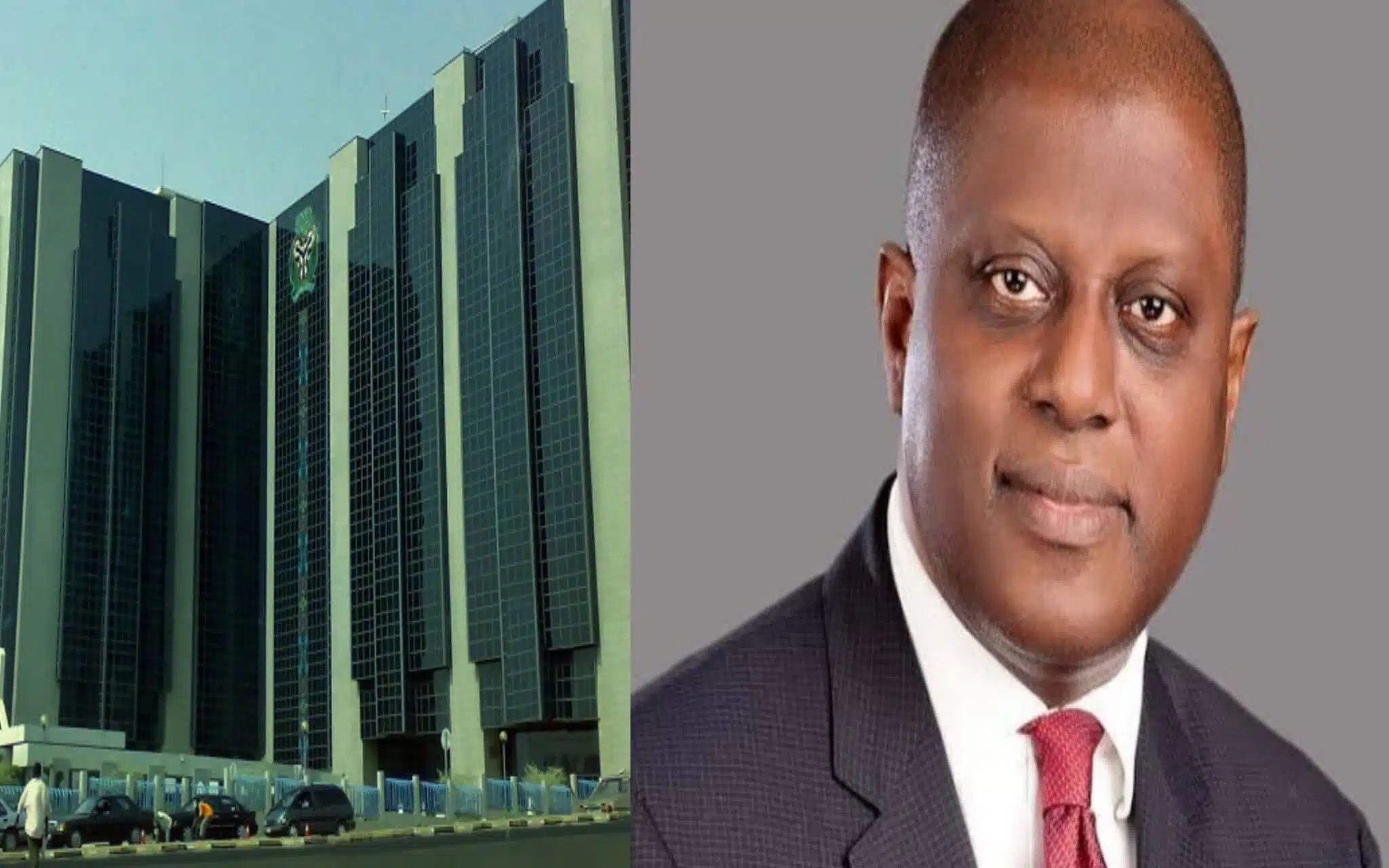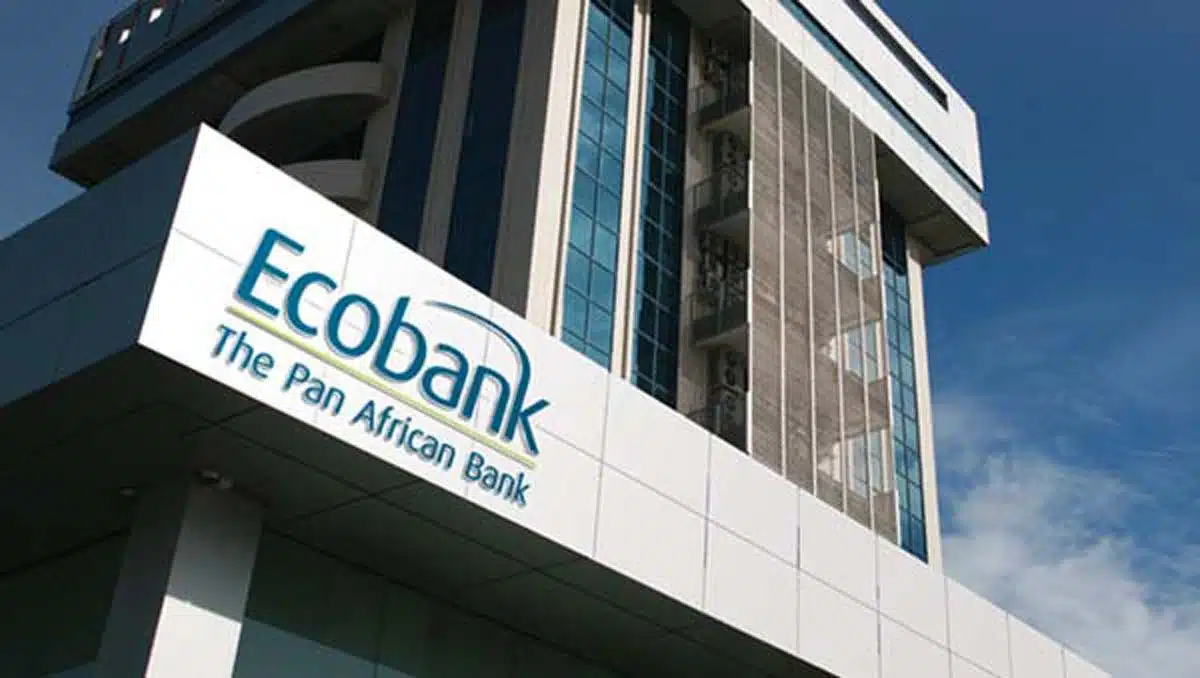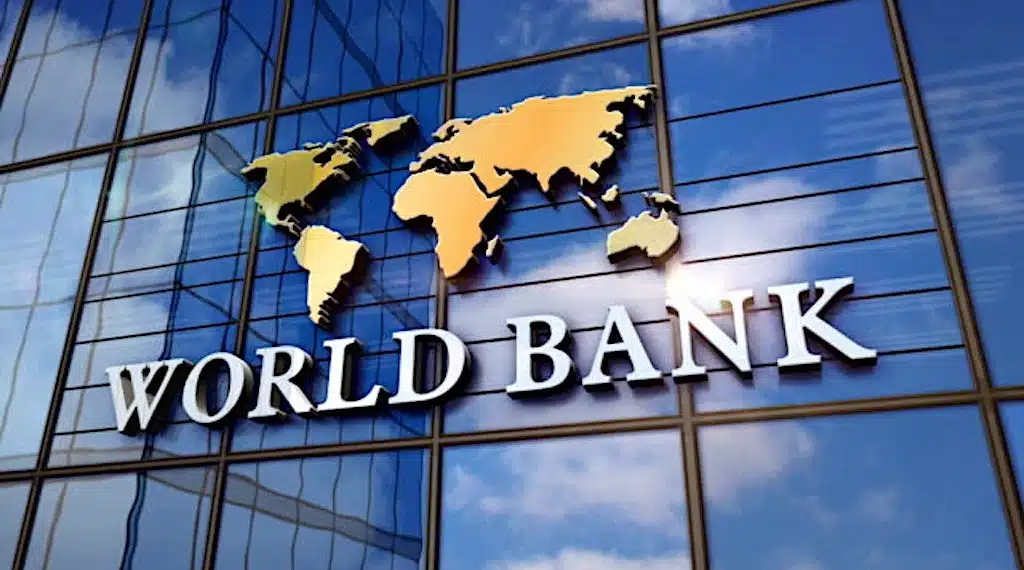The Central Bank of Nigeria (CBN) governor, Dr Yemi Cardoso, has hinted at the plans of the Bank to strengthen financial institutions, including setting up a compliance department to promote accountability in the banking industry. This was revealed in his keynote address during the 2025 NESG Macroeconomic Outlook.
The CBN governor noted that despite harsh macroeconomic factors, including the removal of fuel subsidies and the reforms carried out in the FX markets, the country’s economy grew by 3.21% in Q1, Q2 and Q3. The growth in 2024 exceeded the 3-year average of 3.08% since 2021.
Turning to the banking sector, the governor maintained, “The banking sector, on the other hand, remained broadly safe and sound in 2024. The industry capital adequacy ratio stood at 13.70% at the end of 2024, exceeding the 10% national benchmark.”
“Non-performing loans ratio increased to 4.9% but remained below the 5% threshold,” the governor disclosed concerning non-performing loans and credits offered by banks in 2024.
Introducing the plans for the Nigerian economy and financial institutions, the apex bank’s governor stated that the key priorities of the bank include
- To maintain price stability.
- To build investor confidence by enhancing the performance of the financial markets and driving innovation.
Narrowing down to the bank’s plan for banks and financial institutions, the governor outlined the plans to include:
Setting up of a new compliance department.
“Non-performing loans ratio increased to 4.9% but remained below the 5% threshold,” the governor disclosed concerning non-performing loans and credits offered by banks in 2024.
Alongside the FX Code, the compliance department is being set up to uphold the highest standards of transparency, accountability and efficiency in the banking industry.
He continued by stating that the department will be both “an inward facing and an outward facing” department. The department is expected to be functional from the end of February 2025.
Ensure FX transparency and efficiency
In his address, the governor noted that one of the bank’s achievements in 2024 was the unification of the FX market and the elimination of the arbitrage FX pricing mechanisms.
On 2nd December 2024, the CBN launched the Electronic Foreign Exchange Matching System (EFEMS) to conduct foreign exchange transactions, ensuring transparency in the FX buying and selling process.
The objective of the EFEMS is to regulate FX pricing by promoting real-time pricing and visibility. Real-time pricing will eliminate instances of artificially inflated FX prices as prices would now be fixed solely based on market demand.
The CBN governor also remarked on the launch of the FX Code, which, according to him, was done to provide “clear directives on the expectations for participants in the FX markets, ensuring that the market operates fairly and transparently.”
Strengthening banks to enable them support the economy
The governor pointed out that in 2025, the apex bank plans to strengthen financial institutions so that they, in turn, will be able to support the real sector of the economy by sustainable means.
He stated that with the regularisation of the FX market, he anticipates more appetite for real sector investments. This is because the stability of the market will give investors more confidence to invest in sectors of the economy involved in the production of goods and services.
The governor also noted that in 2025, the bank will strengthen financial institutions to be able to empower SMEs, “allowing them to thrive especially through the establishment of the National Credit Guarantee Company to de-risk lending to critical sectors.”
On January 1st, 2025, President Bola Ahmed Tinubu announced that the National Credit Guarantee Company will be incorporated. Its main objectives will be to provide loan facilities for individuals and SMEs. The company will supervise the disbursement of the loan and will act in conjunction with the private sector.
By providing and strengthening alternative means for loans and credit facilities, banks are expected to have reduced incidences of loan and credit default and non-performing loans.
Lastly, the governor commented on the banks’ recapitalisation exercise which is currently being undertaken to strengthen the capacity of banks and stabilise the financial system in general.
Overall, Nigerian banks and other financial institutions are expected to be on the lookout for and abide by various CBN directives for 2025. This is to ensure that they are compliant with the directives and also to further CBN’s drive towards achieving a truly transparent and efficient financial system.






